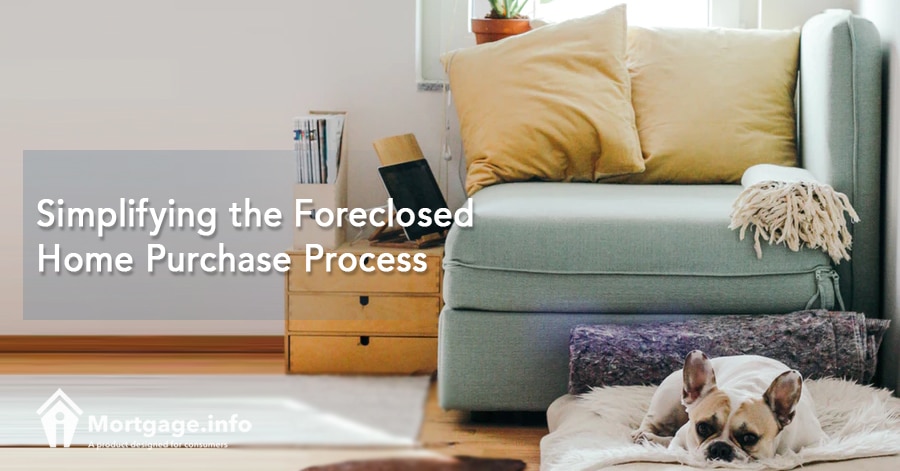
There’s no doubt about it, buying a foreclosed home is complicated. It’s complicated for you and the lender. But that doesn’t mean it’s impossible. With the right steps, you can get a great deal on a home that you can either live in or flip and make a profit on.
Compare Offers from Several Mortgage Lenders.
Figure Out Its Condition
If you need financing to buy the home, you are going to need to know the home’s condition. If the home can’t pass an appraisal, you’ll have fewer options to buy the home. Lenders want homes that are safe, sound, and sanitary. They want homes that you can move right into after the closing. This often doesn’t describe foreclosures. Whether the home sat vacant or the bank has been trying to sell it for a while, chances are that no one is handling the maintenance. Until you get into the home, you’ll have no idea what you headaches might await you.
Even if the home looks good to the naked eye, it doesn’t mean it’s in good condition. You need a licensed inspector to look at the home and tell you what’s wrong with it. This way you know what’s at stake. Can you take out a ‘standard’ mortgage and move right into the home or do you need a home improvement loan that will help you pay for the renovations?
Get the Right Type of Financing
Once you know the home’s condition, you can choose the type of financing you need. If the home is fairly ready to move into, you can use standard financing, such as conventional, VA, or FHA loans. If it needs work, though, you might be limited to the FHA 203K loan.
The FHA 203K loan gives you money to buy and fix up the home. Typically, you can borrow up to 110% of the home’s after-repaired value. Once you know what’s wrong with the home, you can secure estimates from various contractors. You can then use those estimates to help you get a loan. Your chosen lender will help you choose a contractor and tell you the loan amount you qualify to receive based on your qualifying factors and the work the home needs.
Click to See the Latest Mortgage Rates.
Keep in mind, any work that brings the home ‘up to code,’ will be required. Any other work, such as cosmetic changes can be done once the home meets the proper code.
Get the Paperwork in Order
Chances are when you buy a house from a bank, that you are dealing with a national bank. They might not even service your area. This means you won’t have the ‘seller’ at the closing table with you. Instead, the bank does their end of the paperwork on their time and with their attorneys. Then the paperwork gets sent to you to finish the closing. This is part of the reason the process can take so long. It’s not cut and dry like a regular home sale where you buy the home from a private seller.
Don’t Expect Concessions
One thing that many buyers look forward to when buying a home from a private seller is the seller concessions. That’s because many sellers are willing to help with the closing costs. Banks, on the other hand, usually aren’t willing to help.
If you go into the transaction knowing that you aren’t going to get help with the closing costs, you’ll at least enter a transaction that you know that you can afford. Banks are known to sometimes even back out of part of the deal at the table. For example, if they agreed to help you with closing costs but then find out those ‘closing costs’ are prepaid expenses, such as your real estate taxes or mortgage insurance, they can back out of the agreement to provide seller concessions.
Rather than dealing with this issue, just don’t add them into your contract. Only buy a foreclosed house that you know you can afford alongside the closing costs. This will simplify the process.
Buying a foreclosure is tricky business. It certainly isn’t going to get done quickly and it might not be the cleanest transaction, but you can get it done. If you know the home is in shambles, start right off the bat with the FHA 203K loan. This way you know you’ll have the funding necessary to buy and fix up the home, making the process less painless for you.
